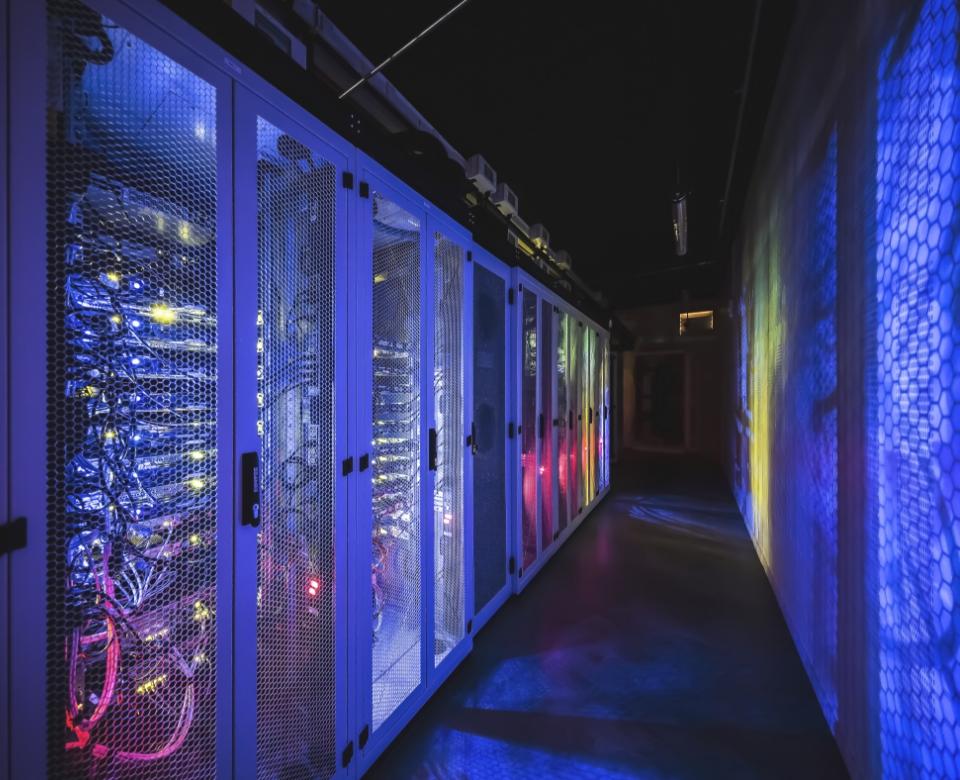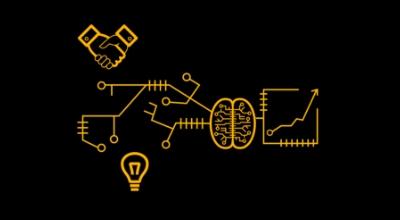Artificial intelligence
The progress of statistical learning over the last decade has fueled the wildest anticipations of the machine's ability to revolutionize every facet of industry.

Our artificial intelligence experts design solutions to meet the challenges faced by manufacturers, from optimizing their production processes to optimizing their logistics. b<>com is finely tuned to the businesses of its industrial members, enabling them to make the most of the benefits of AI.
The main challenges addressed are the design of radio communication applications, data collection for AI machine training, anomaly detection and classification, system resilience, and human factors analysis. To achieve this, they draw on the traditional disciplines of automatic natural language processing, signal and image processing, 3D vision, and dynamic programming, whose potential is multiplied by statistical learning.
They can also count on skills in hardware and software engineering and a legal department. Its methodological approach makes its algorithms both explainable and robust.

Thanks to current learning techniques, we automate tasks as varied as interpreting text, mapping space, generating realistic images, predicting behavior, or planning actions.


